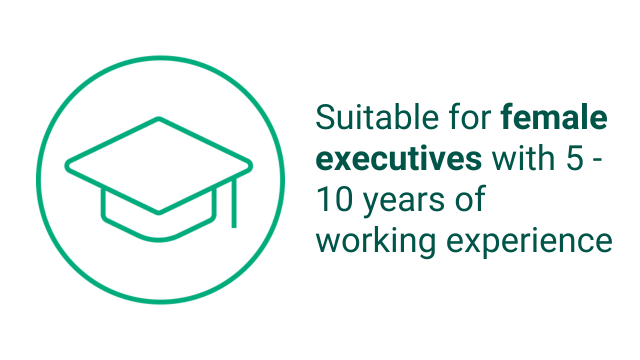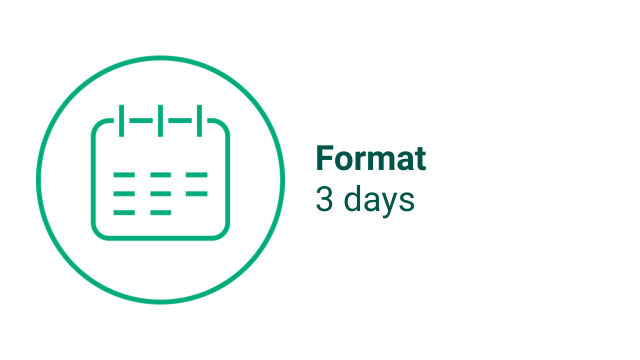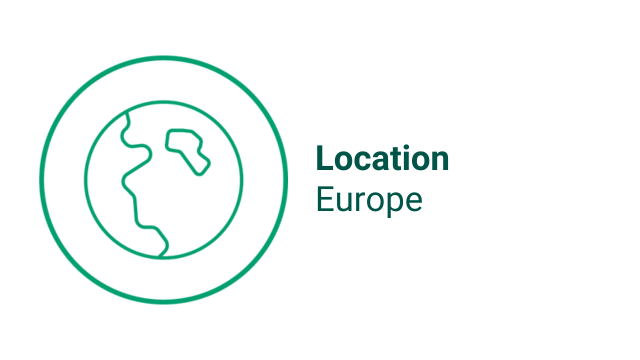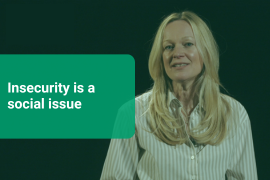These beliefs continue to constrain workers and limit the careers of women and minorities by reinforcing stereotypes and mismatches with the traditional ideal worker image. Elizabeth's research identifies these lingering limiting beliefs, highlights their consequences, and develops interventions to change them.
Can you share an example of research or teaching that has helped challenge traditional gender norms?
Oh, I’m so excited to talk about this! I’ve done a lot of research on challenging traditional gender norms, and one notable example is a paper where I explored how gender norms intersect with culture. Specifically, I examined how American cultural assumptions—like the notion that men are more independent and women more interdependent—are often exported internationally. My research found that while cross-cultural similarities exist, the perception of men’s and women’s roles in terms of interdependence varies significantly across cultures. For instance, many cultures don’t view men as less interdependent or connected than women, which challenges the Western assumption that men should naturally be more independent.
This research underscores the importance of challenging the conventional idea that gender norms are universally rooted in biology.
While there are some cultural commonalities, gender norms can differ greatly depending on the cultural context. This calls for a broader view of gender beyond the typical Westernized framework.
Ultimately, my research aims to shift the conversation from viewing gender as a binary competition (e.g., a man versus a woman for a leadership position) to a more systemic view of gender roles.
This involves considering the pressures on both men and women in the workplace and at home, especially in a system where one person (typically the man) is expected to succeed at work while the other (often the woman) takes on caregiving duties. Recognizing the complexities in these dynamics helps challenge the traditional gender norms that have long been assumed to be universal.
While much of my research has focused on binary gender dynamics, it's important to recognise that gender is far more complex, existing on a spectrum. This complexity adds layers of nuance to the systemic pressures and norms I've described, which impact individuals across and beyond traditional categories of 'men' and 'women.' By broadening our understanding, we can better address the diverse experiences and challenges people face.
Has there been any changes in gender dynamics which you have witnessed over the course of your career?
I’ve witnessed massive changes in gender dynamics throughout my career. One key shift has been the increasing openness around gender fluidity, though it fluctuates with moments of backlash. Despite the ups and downs, I’ve seen a clear movement toward more acceptance of non-binary and transgender individuals, as well as broader recognition of issues like gay marriage.
The changes for women have been dramatic, particularly in how competence is perceived in the workplace. A 2019 study shows that perceptions of women’s intelligence and effectiveness have drastically shifted, and women are now often rated as more competent than men in American samples. On the other hand, for men, the changes have been less pronounced. While there’s been some progress in challenging traditional masculine norms over the past decade or so, societal expectations for men haven’t evolved as much. Men are still often viewed as emotionally distant or poor at caregiving, and these stereotypes continue to perpetuate. The pressure on men to be providers hasn’t disappeared, and their roles in the household haven’t significantly changed, even as women have gained more independence.
In short, while there have been profound shifts for women, societal expectations for men haven’t caught up with their changing roles.
This creates a gap where men are expected to act as equal partners but are still bound by outdated norms that don’t fully reflect the reality of their evolving roles.
What impact do you believe business education can have on moving the needle toward gender equity?
I teach Negotiations, which has a lot of gender implications. A lot of people know about the research showing that women face more challenges than men when negotiating for higher salaries or promotions. Interestingly, research shows that education in negotiation eliminates many of these gender gaps, because much of the reason women fail to get the same outcomes is due to the information they gather before the negotiation, and one of the main things we teach in Negotiations class is about how to gather information.
What people tend to know less about is that men face more challenges than women when negotiating for family leave and work flexibility. I assume that negotiations training can help there as well, though there is no research I am aware of on that exact question.
What message do you hope to convey to students about the importance of gender equity in leadership?
To me, gender equity is about people being able to meet their needs so they can live healthy and fulfilling lives as humans, without being bound to fulfil only one set of gender expectations. I think our society has a long way to go, but also has made a lot of progress on gender equity from the perspective of giving women permission to opt into leadership roles, whereas it has done less to give men permission to opt out of them. For true gender equity in leadership, we need both, and we need to workplace norms that don’t require leaders to compromise their lives to succeed at work.
Professor Elizabeth Wolf is a new faculty on the Aspiring Women Leaders Programme:
INSEAD’s Aspiring Women Leaders Programme is an intensive learning experience that will dig deep into what it takes to show up in your organisation with your whole self, and how the dynamics of your working environment can help or hinder your effectiveness as a leader.












